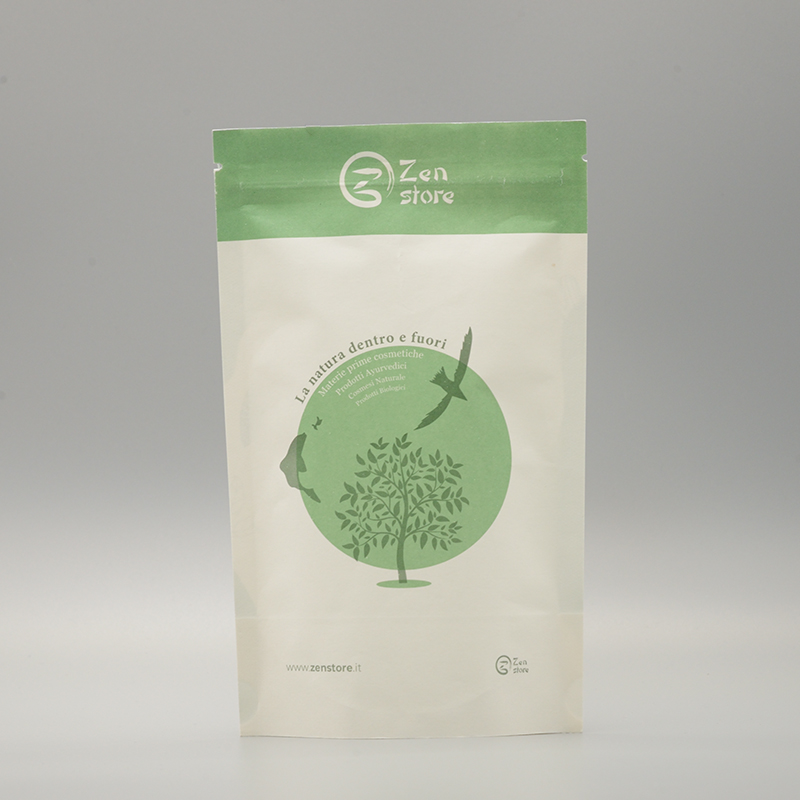The Truth About Compostable Coffee Bags
Can you compost your coffee bag?
As someone with a coffee-drinking habit, leftover bags regularly pile up in my kitchen. I was thinking about this when a bag of beans from Ashland, Oregon’s Noble Coffee Roasting showed up, thanks to my Misto Box subscription. I noticed a small label at the bottom: “This bag is biodegradable and compostable. Please remove tin tie and valve before composting.”
Could I really compost this bag? What would happen if I put it in the garbage instead? I soon found myself navigating a topic that is not always as simple as it may seem.
Shifting to more sustainable packaging
For coffee companies committed to sustainability, packaging is a crucial component to their business, and many have started to move away from traditional foil-lined bags. The impact can be significant. Every week, micro-roaster Noble goes through an average of about 500 12-ounce packages and 250 five-pound packages. “When you extrapolate that out over a year or more, that’s a lot of material. And we’re just one small company,” says Jared Rennie, founder and CEO of Noble Coffee. “If more of us little companies—and some big companies—were to make this sort of move, it would really have an effect.”
There are a variety of options for compostable bags. Some of you may have already seen Omnidegradable packaging from Tonchant® Solutions (used by companies like Wrecking Ball Coffee) and Biotrē from Pacific Bag, Inc. The latter is the bag I first came across from Noble Coffee Roasting, and it’s used by many other notable roasters like Counter Culture, Spyhouse Coffee, Water Avenue Coffee, and Huckleberry. What sets these two particular bags apart from other compostable and biodegradable options (like a pure paper bag, for example) is that they come with the barrier needed to protect the coffee. The outer part of this bag is paper-based and the inner liner is a plastic with an additive which allows it to break down over time.
